
Do you find that your hair has lost its lustre and volume? Before you empty your wallet on another high-end shampoo or conditioner, consider taking a look inside your kitchen cabinet. Believe it or not, the food you consume daily could be the unsung hero—or villain—in your hair's ongoing drama. Let's delve into the role vitamins play in either bolstering or sabotaging your hair's natural beauty.
The Sunshine Secret: Vitamin D
You cherish the sun for the bronzed glow it gives your skin, but did you know that your hair is just as enamoured? Vitamin D isn't merely the catalyst for summer; it's crucial for the generation of new hair follicles. Low levels can leave you expecting to see an increasing number of strands in your hairbrush.
Diet Tip: While basking in the glory of the sun, don't forget your fashionable sun hat and SPF.
The Celebrity of Nutrients: B Vitamins
In the realm of hair care, the B-vitamins reign as supreme as pop icons. This complex includes eight water-soluble vitamin substances—thiamine (B1), riboflavin (B2), niacin (B3), pantothenic acid (B5), vitamin B6, biotin (B7), folate, and vitamin B12. These vital nutrients are instrumental in cell metabolism, and deficiencies in riboflavin, biotin, folate, and vitamin B12 have specifically been linked to hair loss.
Let's talk about Biotin (B7) for a moment. It's unique in the B-vitamin family as it's produced by the body, meaning healthy individuals usually don't need to supplement it. However, when levels are low, your hair is one of the first to suffer.
Riboflavin (B2), another noteworthy mention, is a component of two critical coenzymes—flavin mononucleotide (FMN) and flavin adenine dinucleotide (FAD). These coenzymes are key players in cellular development, metabolism of fats, and energy production. The body stores only a limited amount of riboflavin in the liver, heart, and kidneys. While a deficiency in riboflavin is rare, it can manifest as hair loss when it does occur.
Diet Tip: To up your B-vitamin game, think of your next meal as a nutritional concert. Imagine a symphony of whole grains playing alongside a choir of leafy greens, all garnished with a sprinkle of almonds and perhaps a hint of lean meat or dairy to cover your riboflavin bases.
The Balancing Act of Vitamin A
Ah, Vitamin A—the Janus-faced dynamo of hair growth. On the one hand, it's the workaholic of the vitamin world, enthusiastically encouraging the speedy production of the oily substance sebum, which moisturises your scalp and keeps your hair looking healthy. But like any overachiever, Vitamin A is not without its complications; it has a darker side.
In the world of vitamins, if Vitamin A were a student, it would be the one who stays up until 3 a.m. perfecting a project, then crashes and burns by overdoing it on the day of presentation. In other words, while it excels at promoting hair growth and sebum production, too much of it can actually encourage hair loss. Why? Overconsumption of Vitamin A can lead to toxicity in the body, which not only affects your vision and immune system but can also switch gears and start inhibiting hair growth. The trick here is balance—a Goldilocks scenario where you get just the right amount for optimal benefits.
Diet Tip: Embrace vibrant hues in your meals. Foods rich in beta-carotene like sweet potatoes, carrots, and butternut squash don't just add a pop of colour to your plate; they convert into the ideal amount of Vitamin A in your body. It's nature's way of applying portion control to this double-edged nutrient.
Iron Woman: The Unsung Hero of Hair Health
While not a vitamin, Iron deserves a special mention for its indispensable role in your hair's well-being. Iron is the gas in the engine of our circulatory system, fueling the red blood cells that carry oxygen and nutrients straight to where they're needed—including your hair follicles.
You see, hair follicles are among the most metabolically active tissues in the body, and they require a consistent supply of nutrients to maintain growth and shine. When your body is low on iron, it prioritises vital organs like the heart and brain over the hair follicles. This diversion of nutrients could result in reduced hair growth and even hair loss over time.
It's not just a matter of how much iron you consume, but also how well your body is able to absorb it. Certain foods and drinks, like coffee and tea, can inhibit iron absorption, while Vitamin C-rich foods can enhance it. This is particularly crucial for those following vegetarian or vegan diets, as plant-based sources of iron are less readily absorbed by the body compared to animal sources.
Diet Tip: For a delicious way to boost your iron levels, think beyond the steak. Lentil soups, dark leafy greens, and lean cuts of meat can be your go-to options. Pairing these with a citrusy salad or a glass of orange juice can further maximise iron absorption.
Feel free to include this expanded section in your blog post for a more comprehensive discussion on the importance of Iron for hair health.
The bounty of eating well
In the end, as we chase after panaceas for beauty, let's not overlook the natural pharmacies growing in our soil, swimming in our seas, or grazing on our lands. "Eat food, not too much, mostly plants," says Michael Pollan, a connoisseur of plant-based nutrition. It’s a lesson that applies not just to our waistlines, but to the very fibres that sprout from our scalps.
The scalp, like any other organ, rewards the virtues of moderation and the wisdom of variety. But remember: the best diet for your hair is the same one that's best for your heart, your brain, your liver, your life. Food is not just fuel; it's information for the body, a message we send to our cells about how to behave. And in this dialogue, Iron plays a vital but nuanced role. It's a lesson in balance, in not overindulging in a single nutrient at the expense of the symphony that is a balanced diet.
The moral of the story? You don't need a cabinet full of supplements to enjoy lustrous locks. You just need a garden. Here's to real food, glorious hair, and living better.
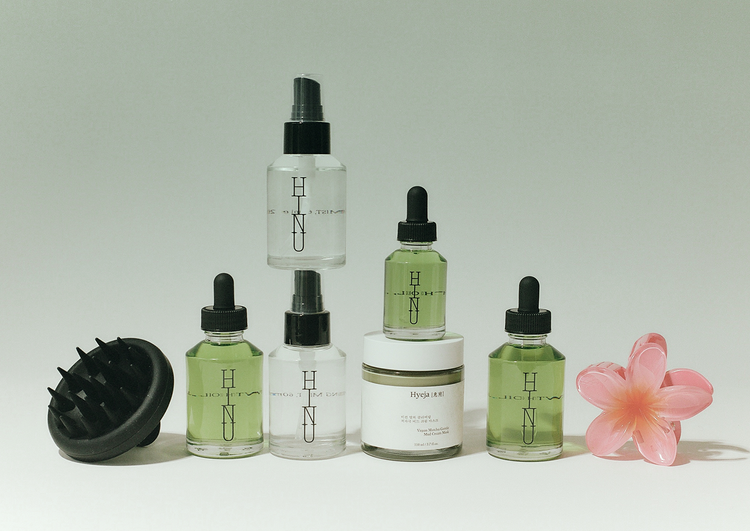
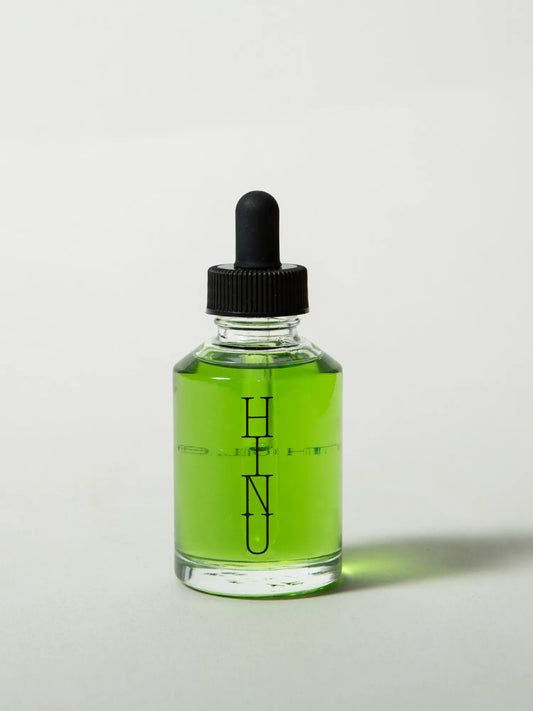
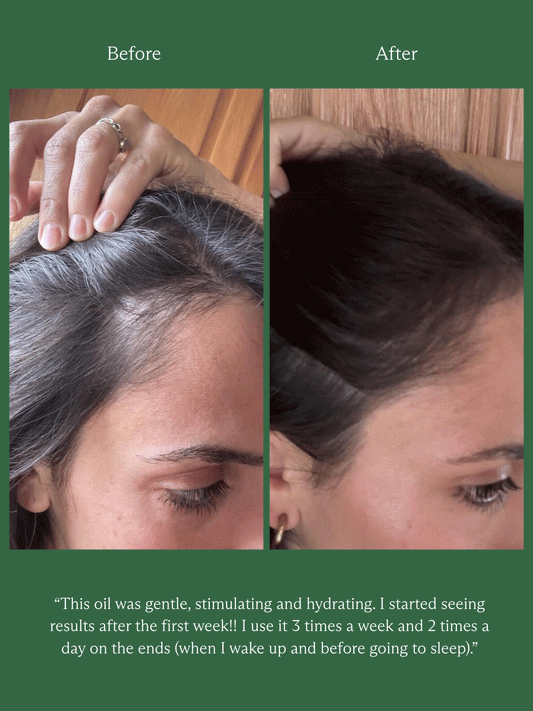
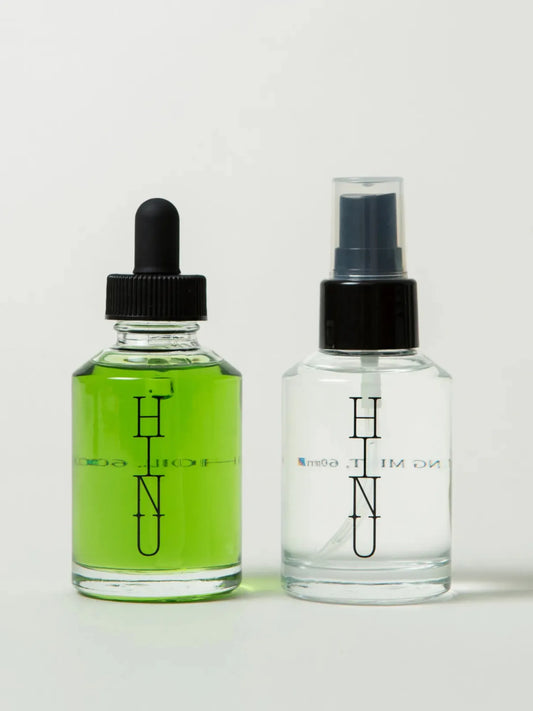
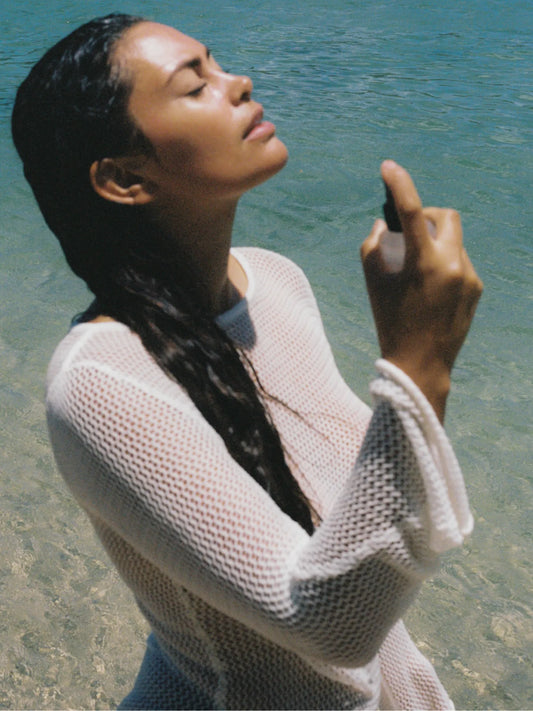

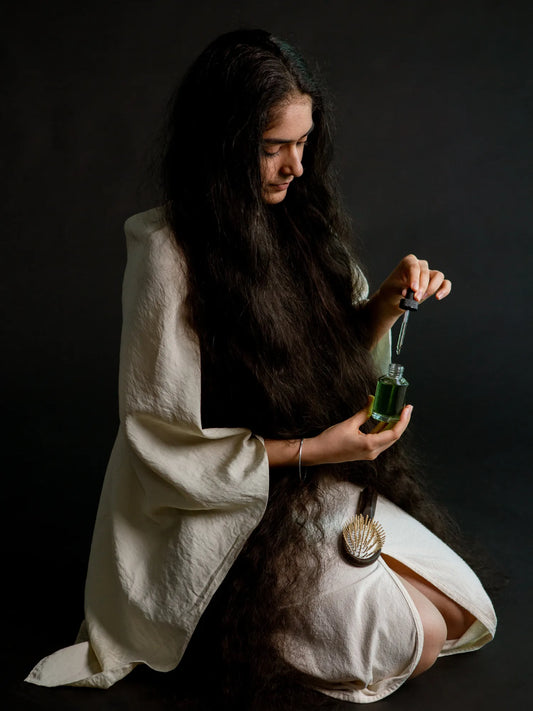
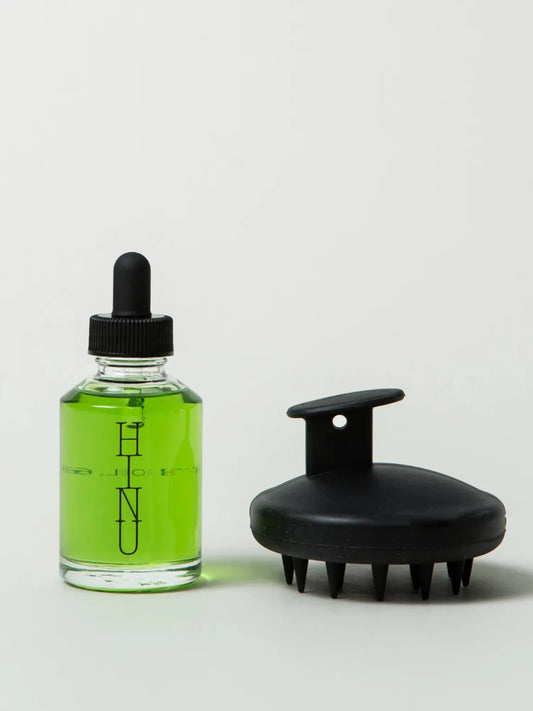
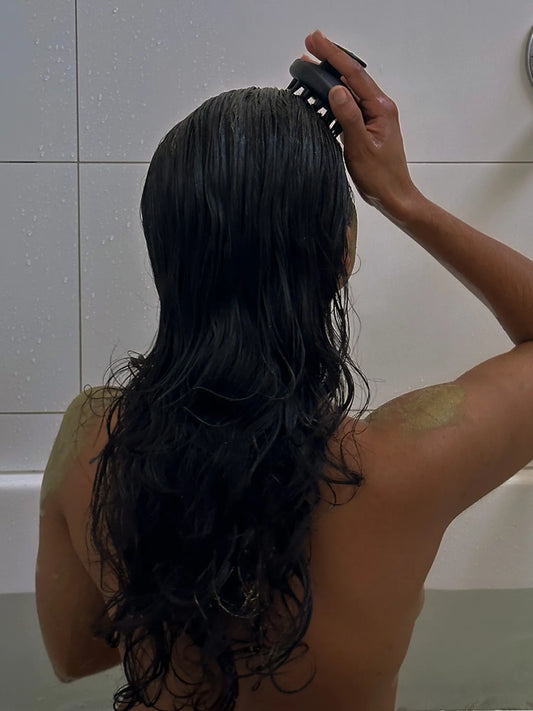
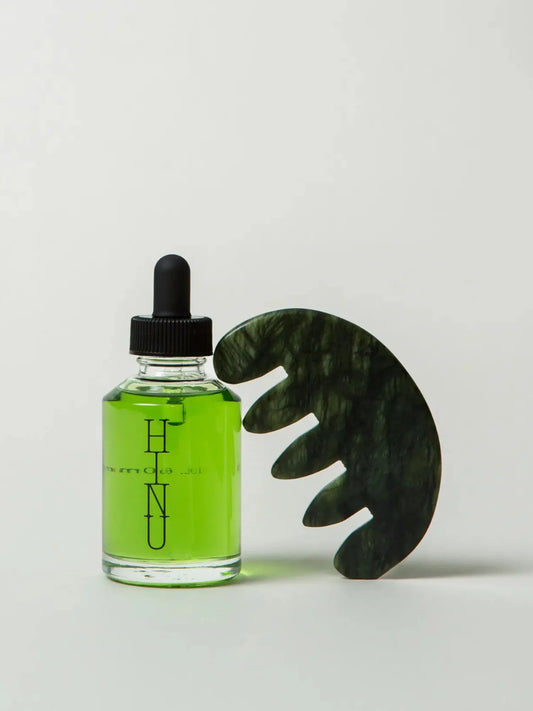
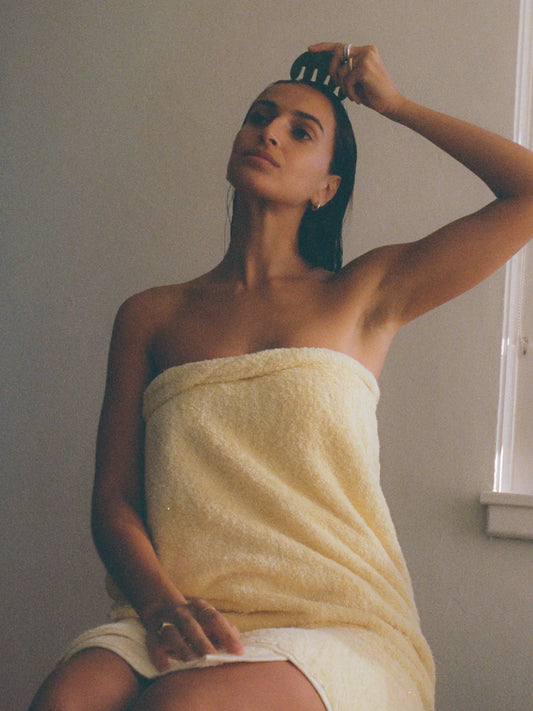

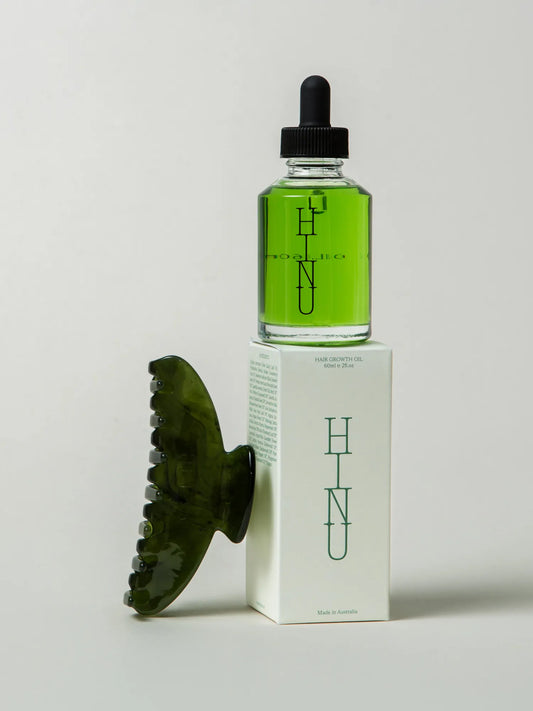


1 comment
Great blog .